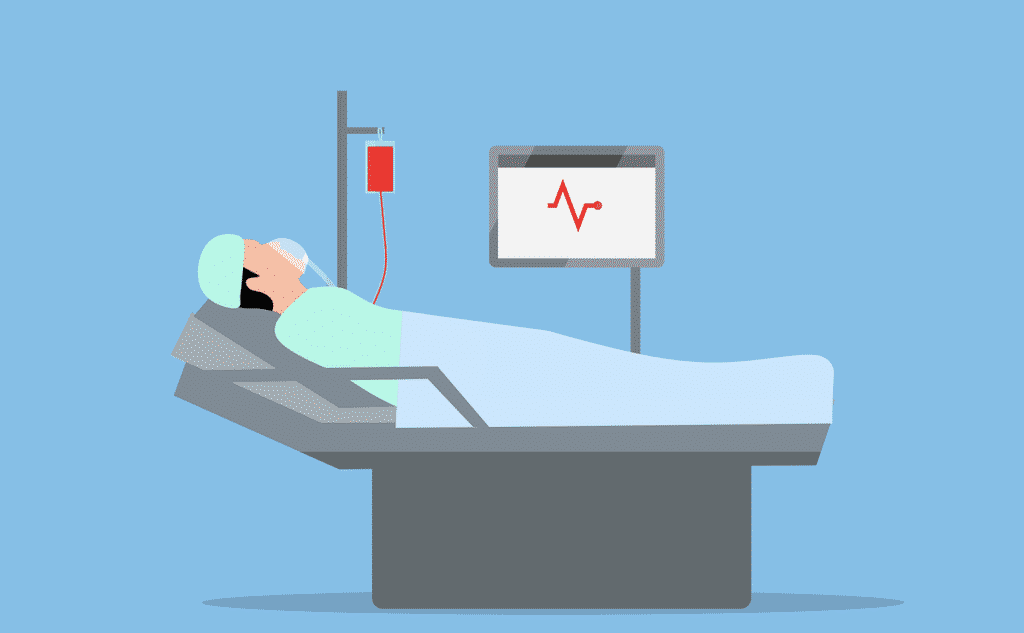Car accidents are very traumatic experiences for all persons involved. The worst part of it is its toll on a person’s health, and that is why you need to seek immediate medical attention when involved in a car accident.
Minor accidents often result in scrapes and bruises that can heal in days or weeks. However, serious car accidents may result in injuries whose recovery period can drag on for months or years, with some of their effects lasting a lifetime.
Below are five steps to recovery following a severe accident.
1. Seek Immediate Medical Attention
Not all injury symptoms show immediately after an accident. You could suffer life-threatening injuries but still feel and look okay.
One reason injuries may not show immediately you are in an accident is the adrenaline rush that masks the pain. If you have been involved in a serious accident, don’t take your injuries lightly, and ensure that you visit an ER doctor.
If your injuries result from misconduct or negligence of another person, you might want to enlist car accident lawyers for help in recovering your medical expenses, which can pile up pretty fast.
A lawyer can also help make arrangements for treatment on a contingency basis, meaning you get medical treatment on credit until you recover compensation for your damages.
2. Find the Right Doctor for Your Injuries
Almost every person has their preferred primary care physician (PCP), who they turn to whenever they need a doctor.
However, your PCP is not the best option for treatment for auto accident-related injuries. You will need to see a doctor specializing in diagnosing and treating auto accident injuries.
If you are lost on finding an auto accident doctor, you may ask your lawyer for help finding one from the network of contacts they have built over their years of working with injury victims.
Unlike other doctors, auto accident doctors are more empathetic of accident victims’ circumstances and will be more considerate with their payment options, including offering their services on a contingency basis.
3. Follow Prescribed Plan
Most injury victims make the mistake of not following the doctor’s prescribed plan once they start getting better.
Failure to follow your doctor’s prescribed plan can result in extended time to achieve maximum medical improvement or ruin your chances of attaining the best possible recovery.
Depending on the nature of your injuries, the doctor may recommend a certain period of rest, treatment regime, prescription drugs, and follow-up appointments, among others.
Do not stop following your doctor’s plan even when you feel like a specific part of it is not helpful. Instead, talk to your doctor and only change the plan when your doctor directs you.
4. Eat Healthily
The body will be doing a lot of repair work during the recovery process and need proper nutrition to fast-track it.
The recovery time is not the time to follow your cravings. Instead, make conscious decisions to eat healthily. Ensure that your diet contains whole foods rich in proteins, vitamins, and minerals essential for healing.
You can consult a nutritionist for help on what to eat and ensure that you follow their directions as strictly as possible.
5. Stay in Good Company
The people around you also play a significant role in your healing process. This is because those around you can positively or negatively contribute to your psychological well-being, which plays a part in recovery.
Also, your demands can be enormous when recovering from a severe injury, and only a person that is close to you can cope with them. If possible, have a close friend or family member with you during this time, even when you may have a hired caregiver.
